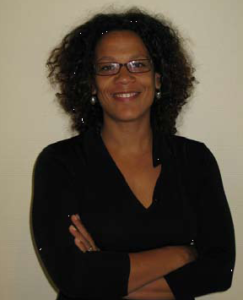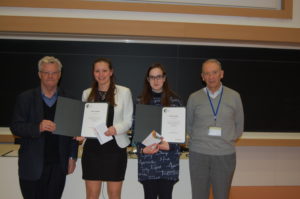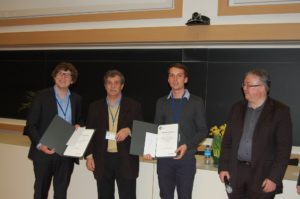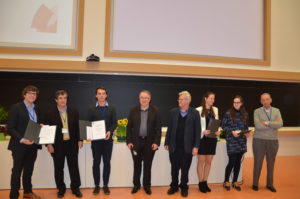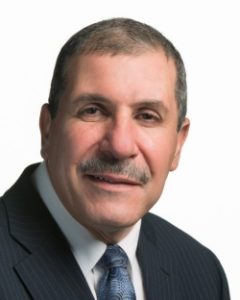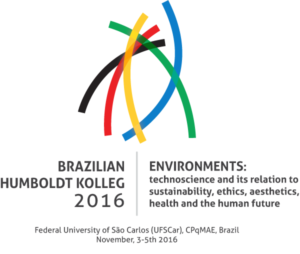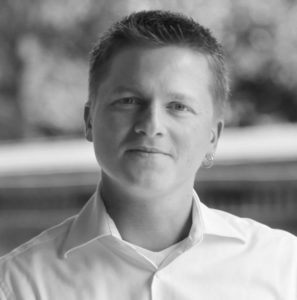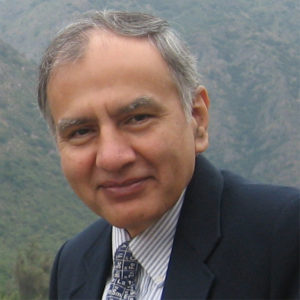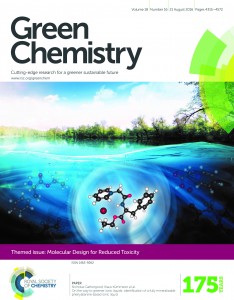We are pleased to announce the Green Chemistry themed issue on Continuous processing and flow chemistry in the pharmaceutical industry is now online.
Guest-edited by Stefan Koenig (Genentech, a member if the Roche Group) and Helen Sneddon (GlaxoSmithKline and Green Chemistry Editorial Board), this themed issue aims to showcase recent advances in the field of continuous processing and flow chemistry technology in drug discovery and development.
It includes:
Editorial
Recent advances in flow chemistry in the pharmaceutical industry
Stefan G. Koenig and Helen F. Sneddon
Green Chem., 2017, 19, 1418-1419. DOI: 10.1039/ C7GC9017A
Communication
The scale-up of continuous biphasic liquid/liquid reactions under super-heating conditions: methodology and reactor design
Francesca Mandrelli, Alessia Buco, Lorenzo Piccioni, Florian Renner, Bertrand Guelat, Benjamin Martin, Berthold Schenkel and Francesco Venturoni
Green Chem., 2017, 19, 1425-1430. DOI: 10.1039/C6GC02840C
Paper
Development of a concise, scalable synthesis of a CCR1 antagonist utilizing a continuous flow Curtius rearrangement
Maurice A. Marsini, Frederic G. Buono, Jon C. Lorenz, Bing-Shiou Yang, Jonathan T. Reeves, Kanwar Sidhu, Max Sarvestani, Zhulin Tan, Yongda Zhang, Ning Li, Heewon Lee, Jason Brazzillo, Laurence J. Nummy, J. C. Chung, Irungu K. Luvaga, Bikshandarkoil A. Narayanan, Xudong Wei, Jinhua J. Song, Frank Roschangar, Nathan K. Yee and Chris H. Senanayake
Green Chem., 2017, 19, 1454-1461. DOI: 10.1039/C6GC03123D
Paper
A laboratory-scale annular continuous flow reactor for UV photochemistry using excimer lamps for discrete wavelength excitation and its use in a wavelength study of a photodecarboxlyative cyclisation
Erica N. DeLaney, Darren S. Lee, Luke D. Elliott, Jing Jin, Kevin I. Booker-Milburn, Martyn Poliakoff and Michael W. George
Green Chem., 2017, 19, 1431-1438. DOI: 10.1039/C6GC02888H
Read the full collection online now.
Comments Off on Continuous processing and flow chemistry in the pharmaceutical industry themed issue now online












